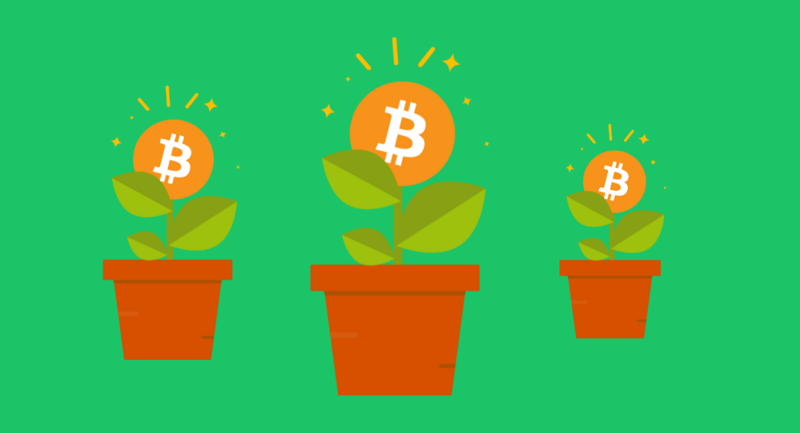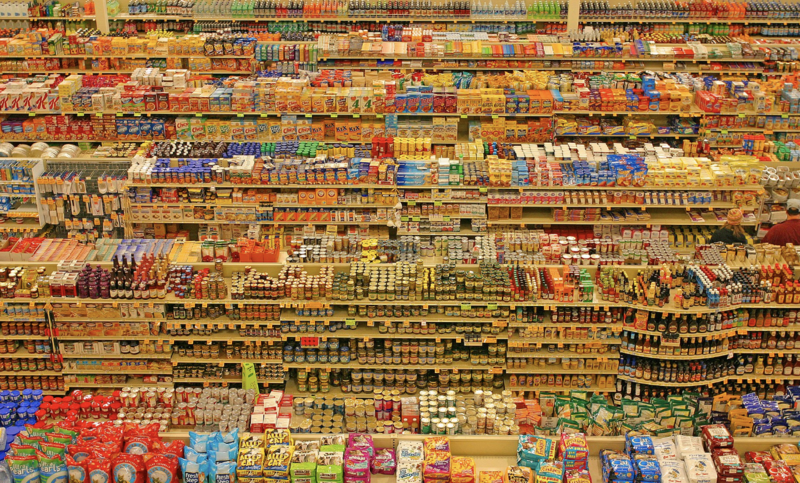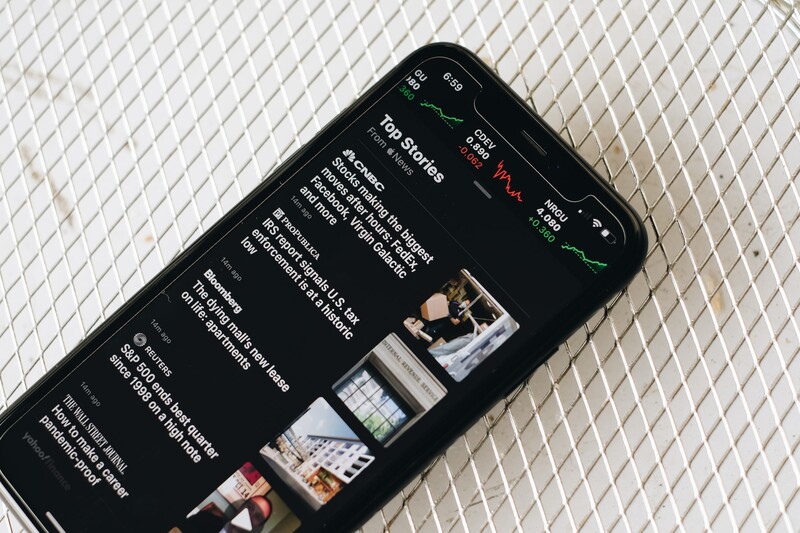Who doesn’t love throwin’ up their feet and crackin’ open an ice-cold beer?
Turns out, a growing segment of the population.
Driving the news: Alcohol giant Diageo is looking to exit the ice-cold—and not in a good way—beer biz, with plans to divest all of its beer brands except Guinness, per Axios.
.png)

.png)
.png)


.gif)




.png)
.png)
.gif)
.png)
.gif)



